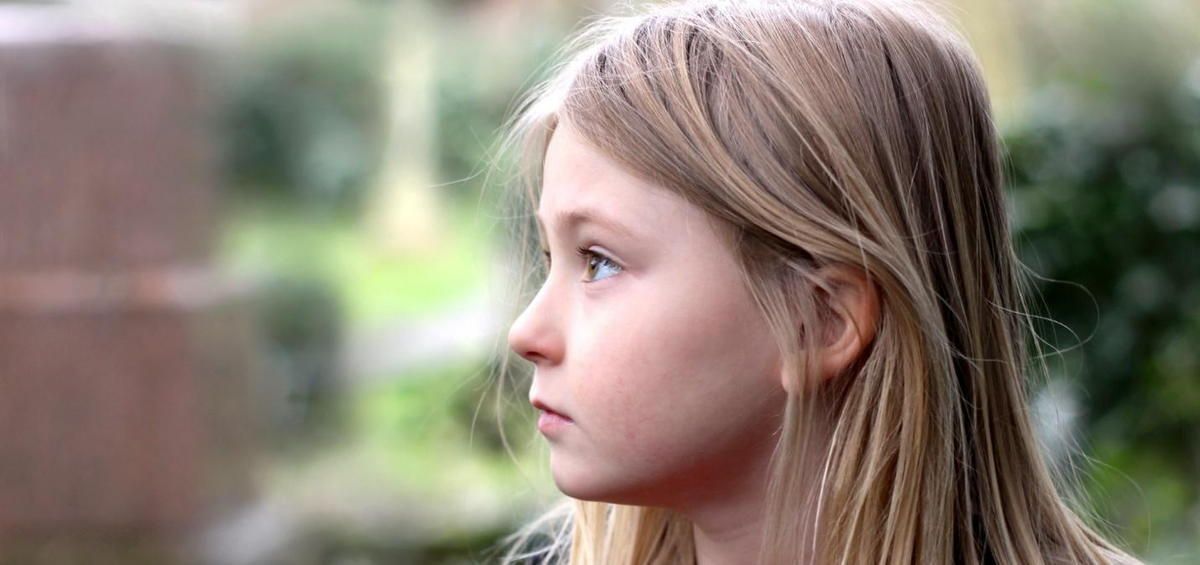Has your child been diagnosed with an eating disorder? Here's what to do... and what NOT to do!
If you are reading this, it’s likely you have recently learned that your child has been diagnosed with an eating disorder. Receiving this kind of news can be shocking, frightening and painful, and it’s understandable if you feel paralyzed about what to do... and what NOT to do, in order to help them.
Anorexia nervosa, bulimia nervosa, emotional eating and orthorexia are the deadliest of the mental health disorders, and the average person knows little to nothing about them until someone they love is affected. Lacking solid information and guidance combined with a crisis can cause total overwhelm, even terror. I’ve heard it in the voices of the hundreds of parents who have called me over the years desperately searching for help.
Remember that the most vital first step when you learn about your child or teen’s eating disorder is to make an appointment with their pediatrician or primary care doctor. The doctor is the leader of your treatment team and will rule out other physical causes for eating disorder symptoms, as well as point you in the right direction for hiring the other members of the treatment team: a qualified and experienced therapist, nutritionist and psychiatrist if necessary.
Once you have put a top treatment team in place, here are some lifesaving DO’s and DON’Ts that you can practice at home to aid your child in making a successful recovery.
What NOT to do at Home during Your Child’s Recovery:
- Do not make the mistake of believing that your child is using her eating disorder to get attention, manipulate you, get in on a temporary fad, or to fit in with her friends. You may believe that if you call her out on the behavior, she’ll be able to make the choice to stop. Eating disorders are not a conscious choice. An eating disorder is a very powerful, subconscious coping mechanism that your child is using to handle extreme pain and stress.
- Do not try to restrict the eating disordered behaviors by hiding food, locking cabinets, refusing to buy certain foods, standing guard by the bathroom, or interrogating her.
- Do not keep track of how many days she has gone without engaging in the behaviors (this will put too much pressure on your child and causes many children to lie about what they are really doing).
- Do not weigh your child at home – this can be done at the doctor’s office. The doctor can even take a “blind weight”; allowing your child to turn around on the scale so she is not stressed by a weight gain.
- Do not become angry if your child “slips” and restricts her food, purges, binges or compulsively exercises.
- Do not make food or appearance a main topic of conversation; focus on feelings instead.
- Do not keep magazines in the house that promote fad diets, crazy beauty routines, or display anorexic looking models in their ads.
- Do not offer rewards or punishments for stopping the eating disordered behaviors (this will just force her to go “underground,” making her more resistant to treatment).
- Do not take your child’s eating disorder as a personal criticism or a reflection of your parenting skills.
- Do not isolate and insist that the problem must be kept a “secret” from her friends or other family members; telling trusted loved ones is actually a very important step in removing the shame around the eating disorder.
- Do not insist your child eat in order to gain weight, or stop eating as much in order to lose weight; the dietitian will help you learn how to talk to her about food and weight.
What to DO at Home during Your Child’s Recovery:
- DO let her know that if she is having a difficult day with the eating disorder, she can come to you and talk about what is stressing her out that day.
- DO express faith that she will be able to learn how to eat according to her natural hunger cues rather than out of emotion.
- DO gently approach her if you think she is having a difficult day and ask her if she would like to talk about what is bothering her.
- DO redirect her if she says she feels fat and ask her if something happened that day that upset her.
- Do read about eating disorders and ask for help and guidance from the treatment team.
- Do express your love and concern for your child, reassuring her that she has what it takes to conquer the eating disorder.
- Do consider yourself an important member of the treatment team; following their suggestions is essential in helping your child get well quickly
- DO buy a variety of foods without focusing on the words “diet,” “healthy,” “clean,” “fattening,” or “bad.”
- DO encourage your child to stand up for herself and set boundaries with people who may be hurting her.
- DO let her know that as a parent your primary job is to make sure she is safe, healthy and happy, not to be her friend.
- DO consider your own relationship with food and body image, and be brave in facing the hang-ups you may have in these areas.
- DO get her into treatment immediately with the best treatment providers you can find.
- DO take care of yourself; don’t put your life totally on hold until your child is better. By taking time out for yourself you are modeling healthy self-care to your child.
By following these DO’s and DONT’s you can rest assured that you have a solid guide to being the best support to your child as he or she works on getting better. And remember you are not alone! Don’t be afraid to reach out to other parents, family and friends for support as your family works together to heal their eating disorder.










